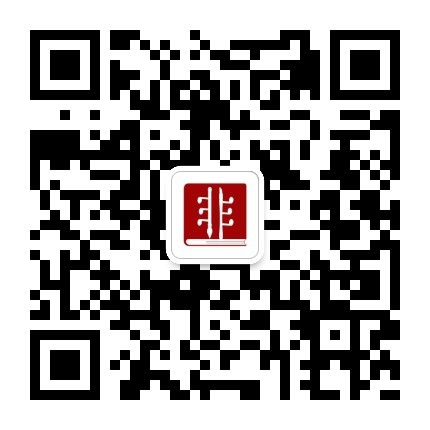【美洲·哥伦比亚】瓦尤社区“话事人”执行的规范体系 Wayuu normative system, applied by the Pütchipü’üi (palabrero)(2010年)
2022-03-25 16:05
Wayuu社区居住在横跨哥伦比亚和委内瑞拉的瓜吉拉半岛。它的立法体系由一系列原则、程序和仪式组成,这些原则、程序和仪式管理着社区的社会和精神行为。这一制度受到赔偿和补偿原则的启发,由当地道德权威,即演说家,运用于解决当地母系氏族之间的冲突和争端。当出现问题时,争端双方、犯罪者和被犯罪者都会寻求普丘伊的权威。在分析了局势后,普丘伊通知有关当局,他打算和平解决冲突。如果这个词被接受,对话就会建立起来,在对话中,普契普居伊以外交、谨慎和智慧行事。补偿制度采用象征手法,主要表现为用宝石制成的项链或牛、羊和山羊的祭品。即使是最严重的罪行也会得到赔偿,在特别活动中会给予赔偿,邀请有争议的家庭通过和解重建社会和谐。Pütchipüi’i之所以获得这个角色,是因为他是一位姨父——在母系氏族的Wayuu体系中,这是一个值得尊敬的角色——并且拥有一个基于伦理和道德的角色。
2010年度列入人类非物质文化遗产名录。
来源:联合国教科文组织亚太地区非物质文化遗产国际培训中心
The Wayuu community inhabits the Guajira Peninsula straddling Colombia and Venezuela. Its legislative system comprises a body of principles, procedures and rites that govern the social and spiritual conduct of the community. The system, inspired by principles of reparation and compensation, is applied by the local moral authorities, the Pütchipü’üi or palabreros (orators), who are experts in resolving conflicts and disputes between the local matrilineal clans. When problems arise, the authority of the Pütchipü’üi is sought by both parties in a dispute, the offender and those offended against. After analysing the situation, the Pütchipü’üi informs the authorities concerned of his intention to resolve the conflict peacefully. In the event that the word – Pütchikalü – is accepted, dialogue is established, wherein the Pütchipü’üi acts with diplomacy, caution and intelligence. The compensation system employs symbolism, represented primarily by the offering of necklaces made of precious stones or sacrifices of cattle, sheep and goats. Even the most serious crimes are compensated, compensations being offered at special events to which the disputing families are invited to re-establish social harmony through reconciliation. The Pütchipü’üi acquires his role by virtue of being a maternal uncle – an honoured role in the Wayuu system of matrilineal clans – and by possessing a character grounded in ethics and morals.
Included in the list of human intangible cultural heritage in 2010.
Source: UNESCO International Training Center for intangible cultural heritage in the Asia Pacific Region

